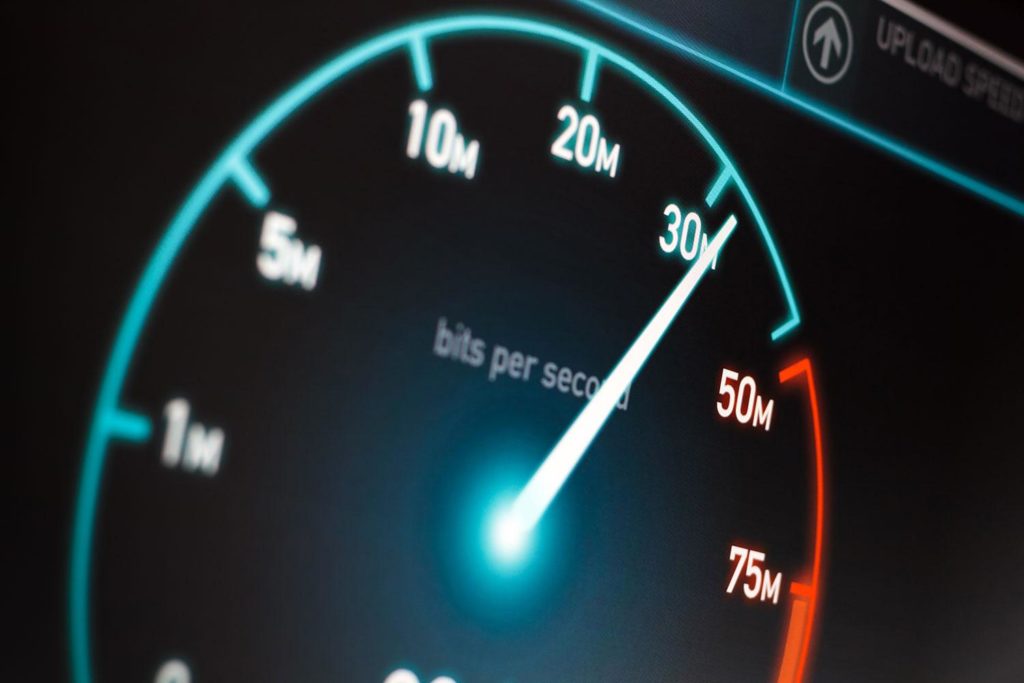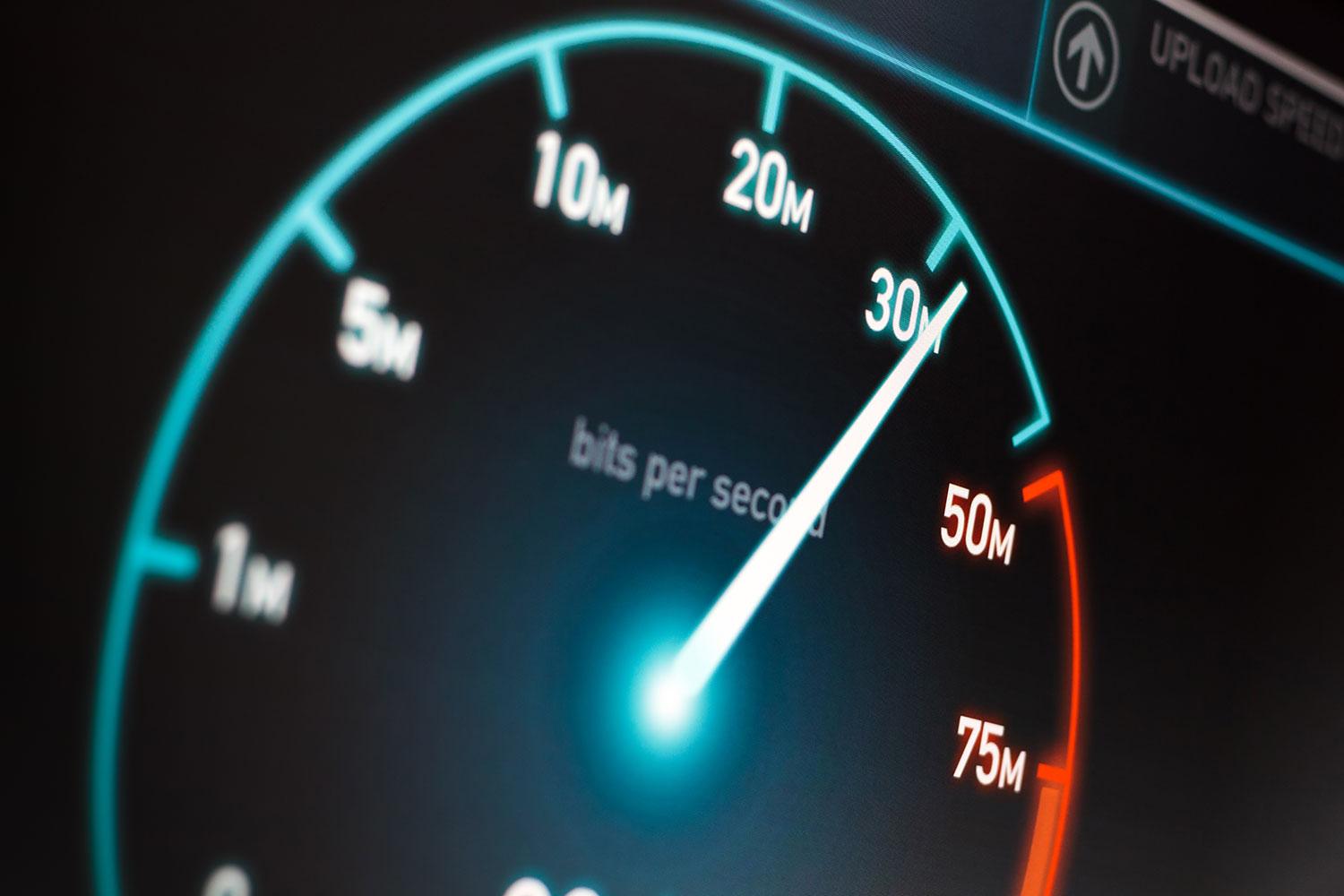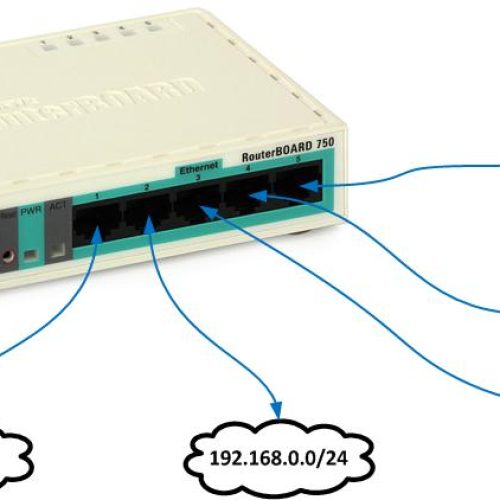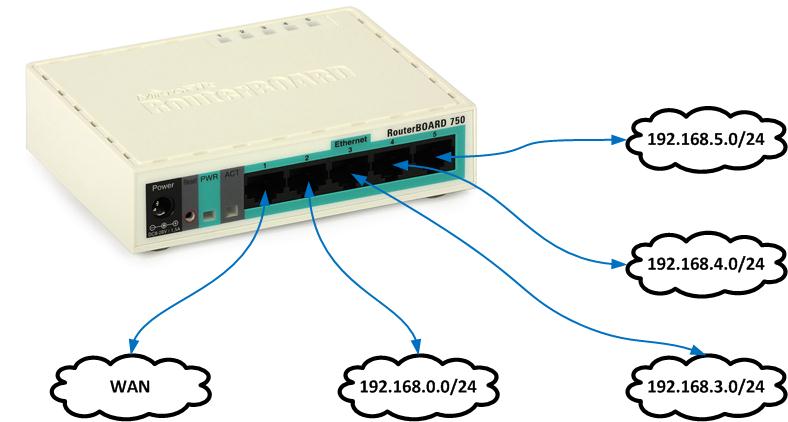 It is often difficult to understand terms used for Internet metrics, as Mbps vs. MBps.
It is often difficult to understand terms used for Internet metrics, as Mbps vs. MBps.
What is the difference between Mbps and MBps?
- Mbps It means megabits per second. The Mb is used in reference to download and upload speeds.
- Are necessary 8 data bits to match 1 byte.
- MBps It represents megabytes per second. MB is used in reference to file size, or the amount of data transferred.
You will see these terms when you download a file from the Internet or transfer data from one device to another. They show the transfer rate. Your connection speed (download e upload) It appears as megabits per second, but you are downloading or transferring megabytes.
Consider an example:
When you download or transfer a file, note when Mbps and MBps come into play. A file consists of a certain amount of megabytes. Say you download a file that consists of about 2 megabytes. You will need a download speed 8 megabits per second to download the file 2 seconds. Eight to comprise megabit 1 megabyte.
To calculate how long it would take to download a file at different speeds, you can use the MB calculator for Google Mb.
When you buy the Internet service, how many Mbps you get with the plan is crucial for the performance. The more Mbps, the faster you can download files.
How long it takes to download various media files?
Download times vary depending on the file size and its Mbps. You do not always experience the
even Mbps because there are many factors that affect the Internet speed – that's why most Internet providers advertise
one “up until” Mbps.
Here's a look about the common types of media files and their average sizes, and how long it will take to download
based on various Internet speeds. These times are approximate, because the file sizes and download speeds vary.
| common media files | Average download time (s = the 2nd, m = minutes, h = horas) | |||||||||
| File type | Estimated size of the file | .5 Mbps | 3 Mbps | 6 Mbps | 10 Mbps | 18 Mbps | 25 Mbps | 35 Mbps | 50 Mbps | |
| web page | 1 MB | 16 s | 3 s | 1 s | < 1 s | < 1 s | < 1 s | < 1 s | < 1 s | |
| E-book | 3 MB | 48 s | 8 s | 4 s | 2.5 s | 1.5 s | 1 s | < 1 s | < 1 s | |
| mp3 music | 5 MB | 80 s | 13 s | 7 s | 4 s | 2 s | 1.5 s | 1 s | < 1 s | |
| video 5 minutes | 20 MB | 5 m | 53 s | 27 s | 16 s | 9 s | 6.5 s | 5 s | 3 s | |
| TV show 1 hour | 1 GB | 4.5 h | 44 m | 22 m | 14 m | 7.5 m | 5 m | 4.5 m | 2.5 m | |
| Movies SD | 2 GB | 9 h | 88 m | 44 m | 27 m | 15 m | 11 m | 9 m | 5 m | |
| 1080p Movies | 12 GB | 53 h | 9 h | 4.5 h | 2.5 h | 1.5 h | 1 h | 46 m | 32 m | |
As you can see, larger Mbps result in faster download times. Consequently, you will want to consider when choosing a provider Mbps Internet plan. If you download big files, such as videos and movies, or lots of music and images at the same time, you have a better experience with the highest Mbps.
What Mbps you can get with different Internet connections?
The type of network can drastically influence the speed that an Internet service provider can offer. Fiber optic networks are generally faster than cable, and the cable is usually faster than the satellite and DSL. Here's an idea of Mbps you can expect from each type of Internet connection.
| Internet connection | Method of delivery | velocity (Mbps) |
| satelite | satellite signal | .5-2 |
| DSL | telephone lines | 3-9 |
| Cape | Copper strands | 20-38 |
| Fiber | light pulses through thin glass yarns | 45+ |
The type of Internet connection you can get for your home depends on your location. The use of fiber is expanding to cover more areas, but this technology is still limited to specific areas. Cable connections are more available, and DSL or satellite connections are available almost everywhere.
When deciding on an ISP, consider your online activity and what you plan to upload or download and choose a plan that offers the Mbps that will best suit your needs. Now that you know the difference between Mbps and MBps, you are better informed to find the right plan for you!
Sources:
https://www.attinternetservice.com
http://filecatalyst.com/todays-media-file-sizes-whats-average/
https://www.fcc.gov/general/types-broadband-connections
http://broadband.about.com/od/speedissues/a/Broadband-Internet-Speeds-Explained.htm
http://www.wisegeek.com/what-is-the-difference-between-mbps-and-mbps.htm
http://opensignal.com/knowledgebase/the-difference-between-megabyte-and-megabit.php
http://www.webopedia.com/quick_ref/internet_connection_types.asp








